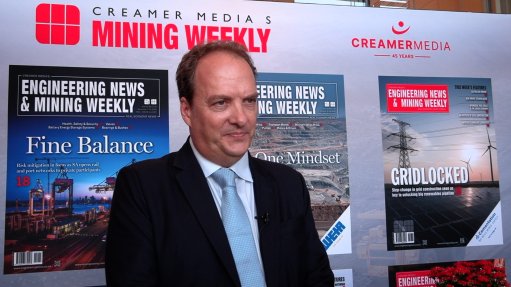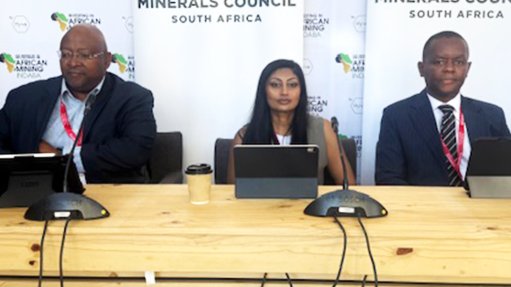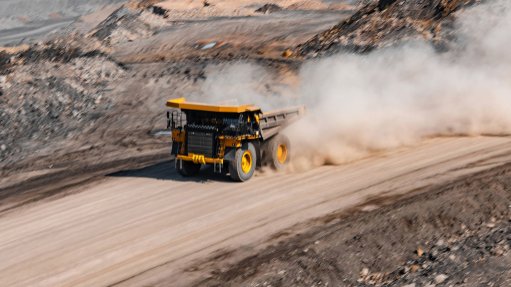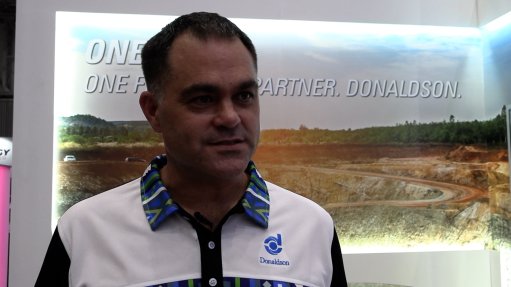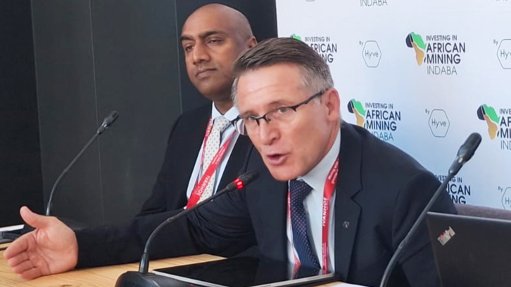Policy integral to shaping oil and gas outlook – law firm

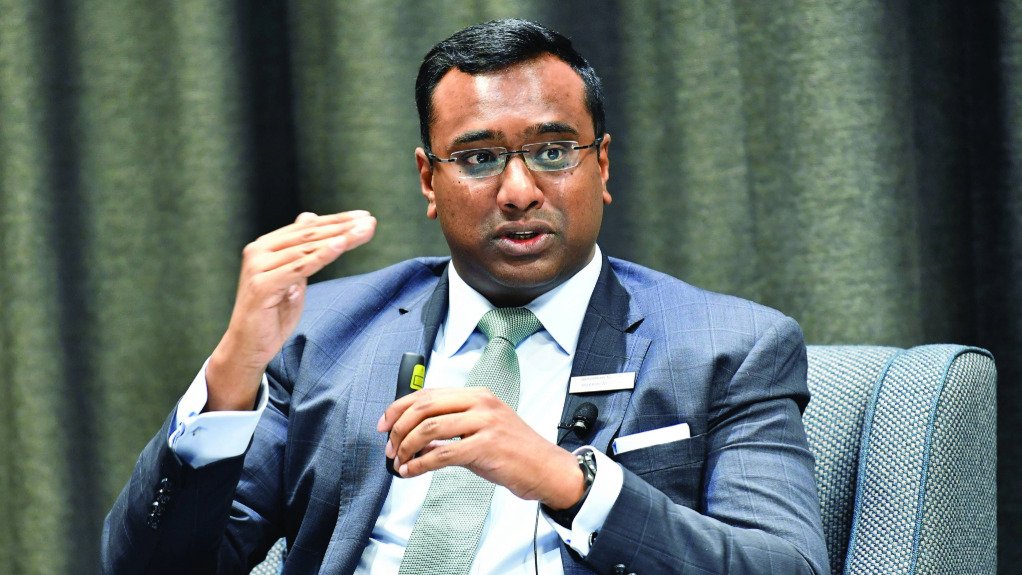
JONATHAN VEERAN Gas will not take off just because it's in the ground. It takes deliberate market creation, infrastructure investment and smart policy to make the upstream development worthwhile
Although significant oil and gas discoveries across Southern Africa have sharpened investor focus, unlocking that potential is not only geological; it also requires an astute understanding of the legal, fiscal, administrative and commercial requirements thereof, highlights law firm Webber Wentzel corporate practice partner and mining sector head Jonathan Veeran.
As capital becomes increasingly mobile and investors weigh frontier markets against proven jurisdictions, South Africa must reckon with specific interlinked challenges that could define its upstream future.
This future must be primarily centred on creating a stable, investor-friendly regulatory environment, developing a viable domestic gas market to support demand and positioning upstream gas within a long-term energy transition strategy.
He adds that getting these objectives right could mean the difference between a thriving upstream sector and years of missed opportunities.
The capital-intensive activities of the upstream oil and gas sector carry inherent risks, with success dependent on successful exploration and extraction for extended periods. In such a high-stakes environment, investors place enormous weight on regulatory certainty, tenure security and predictable timelines.
Veeran notes that South Africa, while boasting a sound legal system and globally respected judiciary, continues to face criticism over delays in licensing, appeals and approvals, as even relatively minor administrative bottlenecks derail substantial financial commitments.
“Investors need to know with clarity when permits will be issued, how long internal appeals will take and whether exploration rights will be honoured and protected over time,” he says.
In comparison, more aggressive jurisdictions, such as those in the US state Texas, have turned regulatory efficiency into a competitive advantage, with entities issuing exploration and environmental permits in a matter of weeks.
“While South Africa’s environmental frameworks differ, often appropriately, there is room to significantly improve speed and responsiveness without compromising governance. Simply put: capital will flow to where it is welcomed and governments must recognise that the competition for exploration dollars is global and unforgiving,” Veeran adds.
Building Gas Market Demand, Energy Transition
One of the more urgent barriers to upstream progress is not underground but downstream, as South Africa currently lacks a sufficiently robust domestic gas market to support large-scale upstream investments.
The country has historically relied on coal-fired energy, and more recently, renewable-energy independent power producers. Veeran notes that many industries have already invested in solar and wind solutions, bypassing gas altogether and, as a result, the demand base needed to absorb local gas – whether produced or imported – is still in its infancy.
While government has signalled its intent to develop gas hubs in Richards Bay, in KwaZulu-Natal; Saldanha Bay, in the Western Cape; and Coega, in the Eastern Cape the market must be primed for continued development.
This could involve structuring gas-to-power (GtP) projects as anchor offtakers, incentivising industrial fuel switching from coal or diesel to gas, and investing in regasification terminals, pipelines and cryogenic storage.
“Gas won’t take off just because it’s in the ground. It takes deliberate market creation, infrastructure investment and smart policy to make the upstream development worthwhile,” Veeran says.
Moreover, broad-based black economic-empowerment (BBBEE) participation structures in upstream gas need to be tailored to reflect the high capital intensity and technical complexity of the sector.
Upstream oil and gas projects, particularly offshore, require large financial injections before first production, and without a funding solution for local partners, BBBEE requirements may unintentionally deter the very investments that they are meant to enable.
Veeran says South Africa should adopt a pragmatic approach to the global shift towards cleaner energy: while solar and wind are making inroads, they cannot yet provide the baseload reliability that industry and grid stability demand and this is where gas should play a strategic role.
Gas-fired power is cleaner than coal, quicker to deploy than nuclear, and more flexible than many renewables, as it can complement variable sources, such as solar and wind, thereby making it a critical transition fuel in the short to medium term.
He also notes that the Integrated Resources Plan already signals a place for gas in the long-term energy mix, but timelines remain vague and infrastructure investments remain tentative.
Veeran suggests that government should clarify the scale and timeline for GtP procurement, fast-track environmental and land-use approvals for gas infrastructure and promote regional collaboration to create a viable Southern African gas hub.
The Southern African Development Community, with discoveries in Mozambique, Namibia and potential finds offshore, is well positioned for a regional gas ecosystem. Shared infrastructure, harmonised policy, and cross-border power pools could transform the gas sector into a regional powerhouse, he adds.
To unlock long-term value and attract investment into this sector, South Africa must first focus on developing a domestic gas market through demand-side planning and infrastructure investment, and work on embedding gas strategically within the broader energy transition and regional cooperation frameworks.
“South Africa must move beyond policy intentions to policy implementation before the next wave of upstream investment bypasses our shores for more prepared jurisdictions,” Veeran concludes.
Article Enquiry
Email Article
Save Article
Feedback
To advertise email advertising@creamermedia.co.za or click here
Press Office
Announcements
What's On
Subscribe to improve your user experience...
Option 1 (equivalent of R125 a month):
Receive a weekly copy of Creamer Media's Engineering News & Mining Weekly magazine
(print copy for those in South Africa and e-magazine for those outside of South Africa)
Receive daily email newsletters
Access to full search results
Access archive of magazine back copies
Access to Projects in Progress
Access to ONE Research Report of your choice in PDF format
Option 2 (equivalent of R375 a month):
All benefits from Option 1
PLUS
Access to Creamer Media's Research Channel Africa for ALL Research Reports, in PDF format, on various industrial and mining sectors
including Electricity; Water; Energy Transition; Hydrogen; Roads, Rail and Ports; Coal; Gold; Platinum; Battery Metals; etc.
Already a subscriber?
Forgotten your password?
Receive weekly copy of Creamer Media's Engineering News & Mining Weekly magazine (print copy for those in South Africa and e-magazine for those outside of South Africa)
➕
Recieve daily email newsletters
➕
Access to full search results
➕
Access archive of magazine back copies
➕
Access to Projects in Progress
➕
Access to ONE Research Report of your choice in PDF format
RESEARCH CHANNEL AFRICA
R4500 (equivalent of R375 a month)
SUBSCRIBEAll benefits from Option 1
➕
Access to Creamer Media's Research Channel Africa for ALL Research Reports on various industrial and mining sectors, in PDF format, including on:
Electricity
➕
Water
➕
Energy Transition
➕
Hydrogen
➕
Roads, Rail and Ports
➕
Coal
➕
Gold
➕
Platinum
➕
Battery Metals
➕
etc.
Receive all benefits from Option 1 or Option 2 delivered to numerous people at your company
➕
Multiple User names and Passwords for simultaneous log-ins
➕
Intranet integration access to all in your organisation









